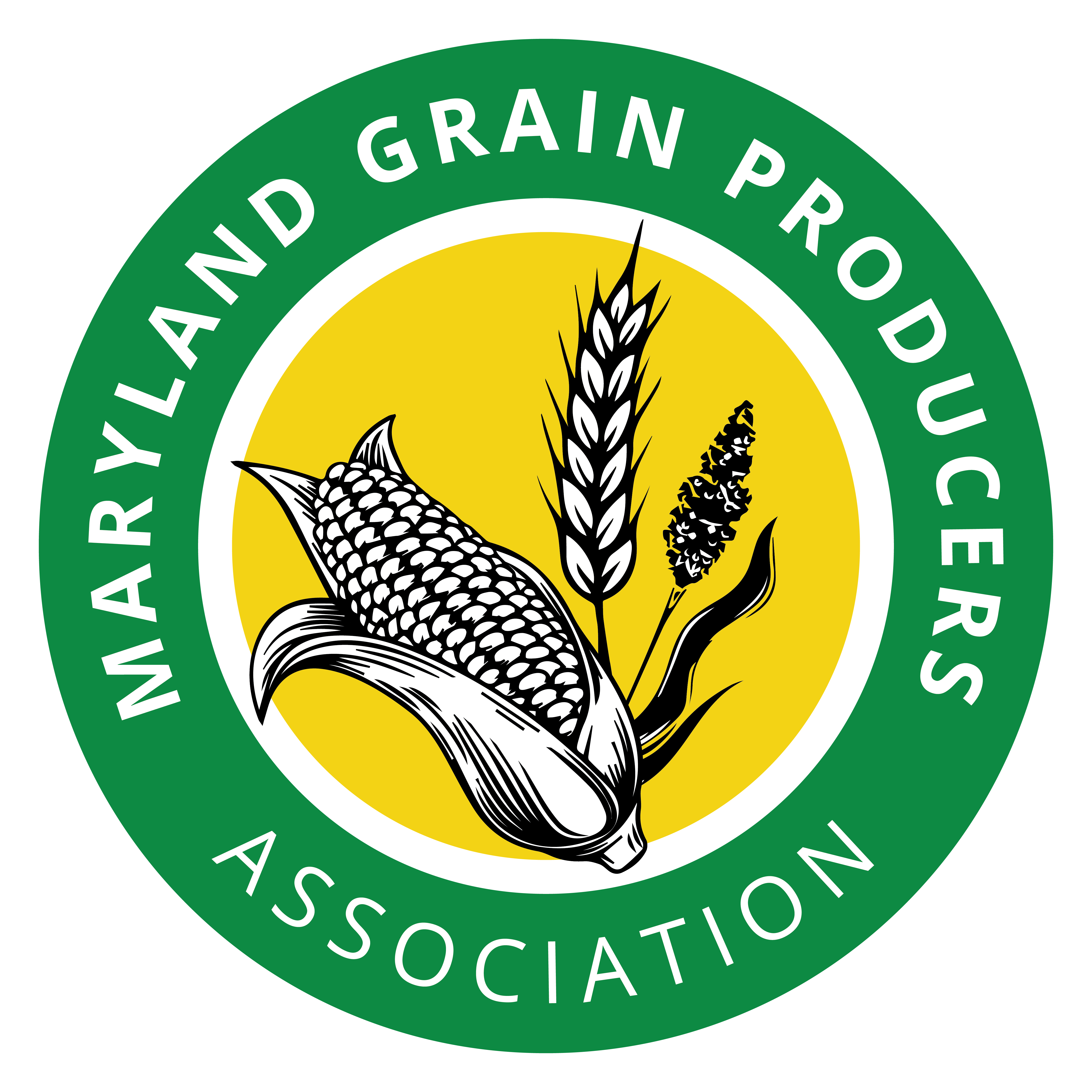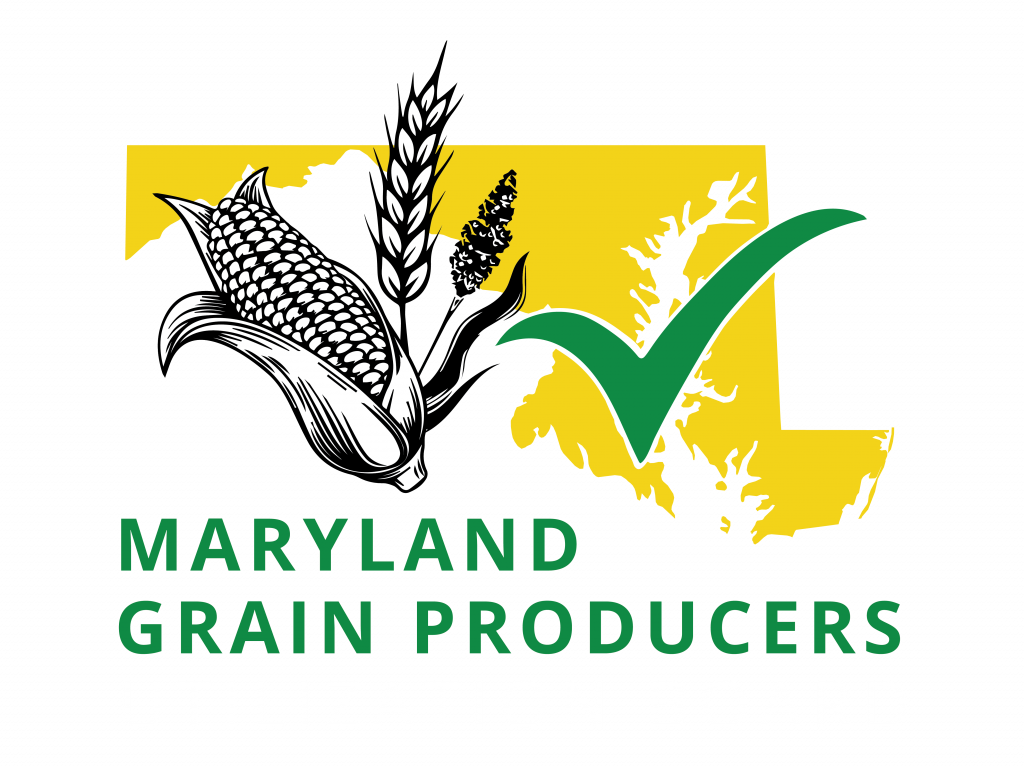Patent Law and the Plant Variety Protection Act (PVPA)
Most varieties of wheat and soybean sold in Maryland are protected by either the U.S. Patent Law or the Plant Variety Protection Act. These protections provide intellectual property rights to the developer (i.e. seed company and/or breeder) of the variety. In addition, they either severely limit the age-old practice of “farmer saved seed” or prohibit it entirely, depending upon the type protection secured by the variety’s owner. Violation of either protection may result in financial penalties and costly litigation. The following discusses the implications of Patent LAw and PVPA on farmer saved seed.
U.S. Patent Law
Most soybean varieties and an increasing number of wheat varieties sold in Maryland are protected under U.S. Patent LAw that provides 20 years of protection to the developer. Patent law prohibits saving harvested seed for planting purposes, no exception, including a farmer saving and planting back seed on his/her farm for either commodity or cover crop production. Review the seed tag and container to determine if it is patent protected. Look for the “Patent Number” or the statement “Patent Pending.”
U.S. Plant Variety Protection Act
PVPA gives patent like protection to owners or breeders of a variety, with one major exception; PVPA allows farmers who purchased PVPA protected seed to save harvested seed for planting purposes on their own holdings. No sale, transfer, trading, etc. of PVPA seed for planting a crop is allowed. Review the seed tag and container to determine if it is protected. Look for the statement “U.S. Plant Protected Variety – Unauthorized Propagation Prohibited” it is estimated that less than 25% of the wheat varieties (or brands) sold in Maryland are protected under PVPA.
Sale of Seed for Planting Purposes by Grain Dealers
As the demand for “cover crop seed” has grown, some grain dealers have been selling wheat out of the bin for overcrop planting purposes. Since most wheat varieties (or brands) are either “Patent Protected” or “PVPA,” selling wheat for planting purposes is in violation of one or both of the laws. Neither citing the principle of “patent exhaustion” nor the reasoning that “it’s only cover crop, it will be killed in the spring” can be used as a defense to avoid the law. Both laws are clear in defining that no propagation is allowed.
Variety Not Stated
It is illegal to label Patent or PVPA protected seed as “Variety not State,” regardless of its intended use.
New Technology
Companies have significant investments to bring new technology to the marketplace. Without patent law and plant variety protection, they would not be able to recoup these investments. Without investment in new technology, access to new, better-yielding varieties would stop.


Leave a Reply